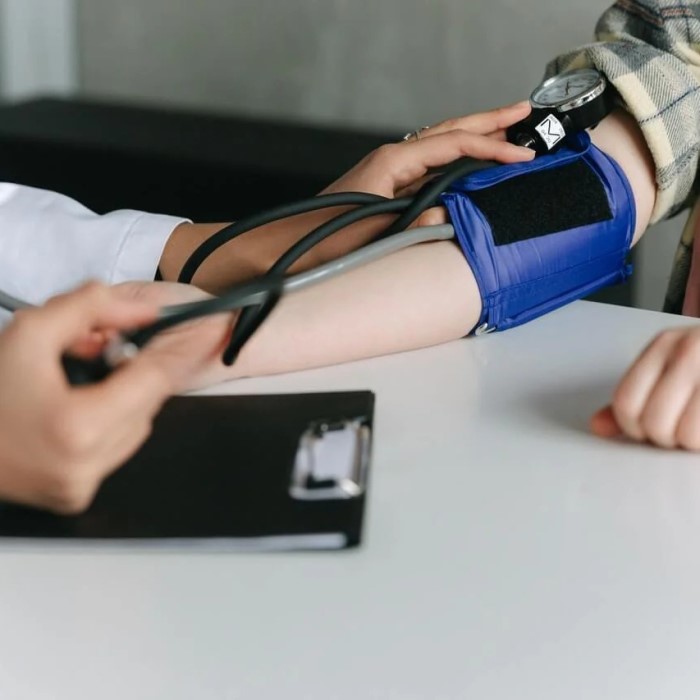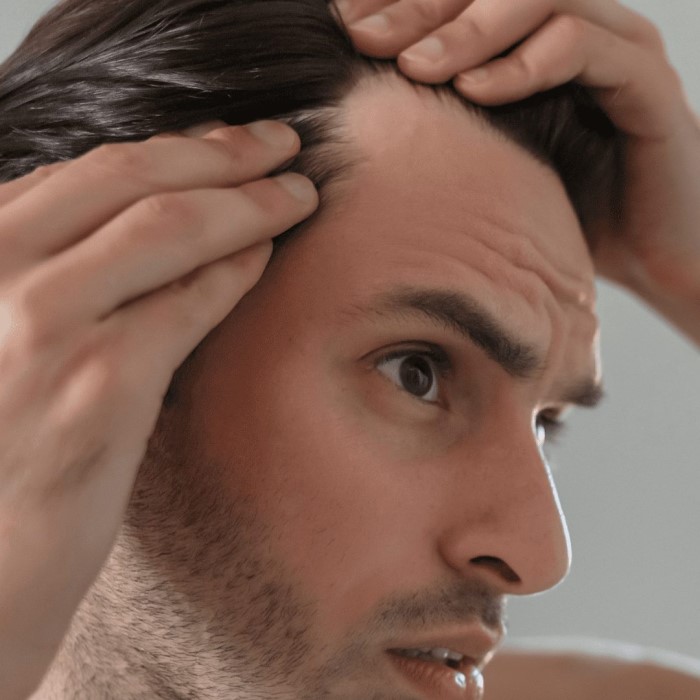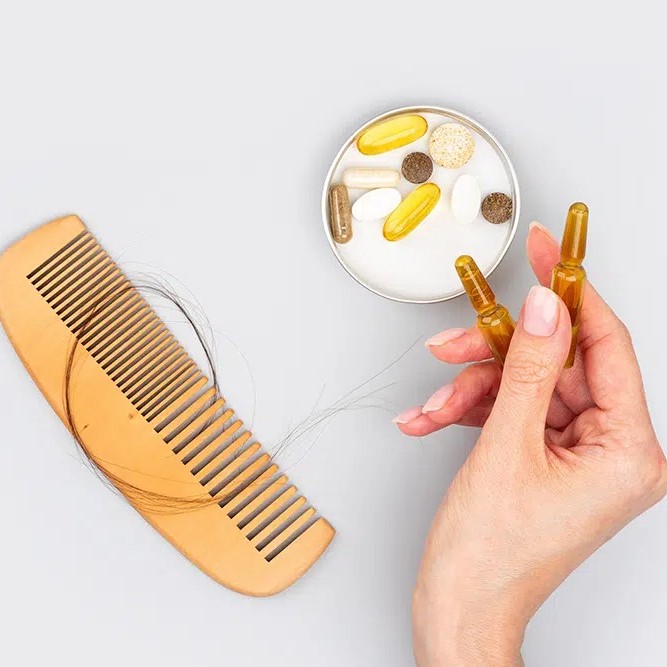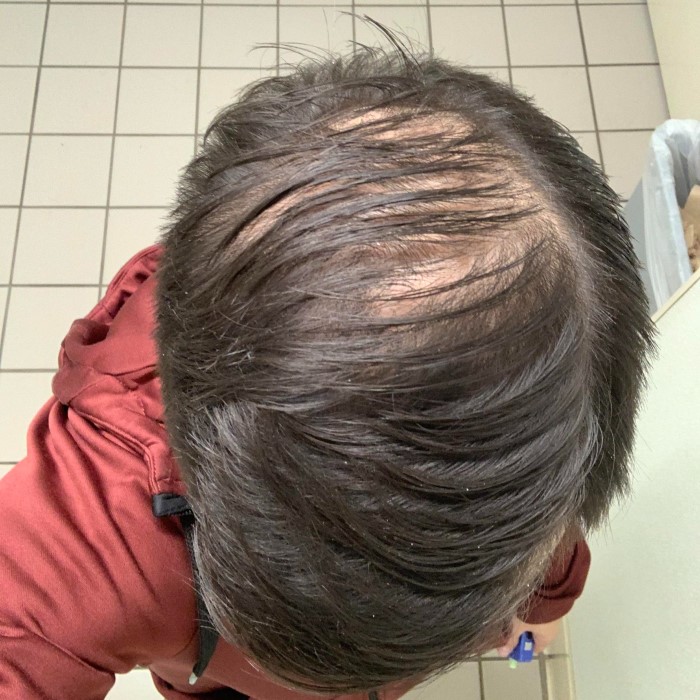
Can High Blood Pressure Cause Hair Loss? Discover the Link
Introduction: Exploring the Link Between High Blood Pressure and Hair Loss
Have you ever wondered, “can high blood pressure cause hair loss?” This troubling question affects many who find themselves juggling cardiovascular concerns and hair health. High blood pressure, or hypertension, is not just a common health condition but also a significant risk factor linked to several serious medical issues. While people often associate high blood pressure with heart disease or strokes, its effects can also extend to your hair. Recent studies and anecdotal evidence suggest that there may be a connection between hypertension and hair loss. In this article, we will dive deep into how high blood pressure can impact hair health, uncover the mechanisms behind this relationship, and provide possible solutions for those concerned about losing their hair.
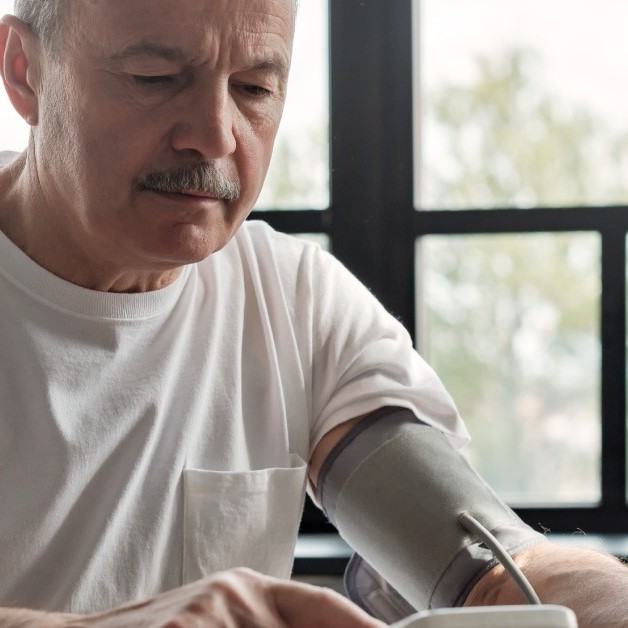
Understanding High Blood Pressure
What Is High Blood Pressure?
High blood pressure refers to a condition where the force of blood against the walls of your arteries is too high. Blood pressure readings are given in millimeters of mercury (mmHg) and consist of two measurements: systolic and diastolic. Normal blood pressure typically hovers around 120/80 mmHg.
- Causes: Various factors can contribute to high blood pressure, including genetics, obesity, physical inactivity, excessive salt intake, and chronic stress. In some cases, the cause remains unknown, which is termed essential hypertension.
- Risks: High blood pressure significantly increases the risk of heart disease, kidney disease, strokes, and other serious health conditions. Over time, chronic hypertension can lead to damage in vital organs and bodily systems.
- Symptoms: Often referred to as the “silent killer,” high blood pressure typically does not show symptoms until significant damage has occurred. Some individuals might experience headaches, nosebleeds, or shortness of breath.
Understanding these aspects of high blood pressure is essential to recognizing its broader implications on overall health, including hair loss.
The Physiological Link Between High Blood Pressure and Hair Loss
How Can High Blood Pressure Affect Hair Follicles?
The relationship between high blood pressure and hair loss might not seem immediately apparent, but several physiological mechanisms suggest a connection:
- Reduced Blood Flow to Hair Follicles: Chronic high blood pressure can lead to the narrowing and hardening of blood vessels. This change reduces blood flow to various body parts, including the scalp. Decreased blood flow means less oxygen and fewer nutrients reach hair follicles, impairing their ability to function correctly.
- Hormonal Changes: Hypertension can trigger changes in hormonal levels. Elevated cortisol levels—often referred to as the “stress hormone”—can disrupt hair growth cycles. High cortisol levels are linked to conditions like telogen effluvium, where hair prematurely shifts into a resting phase, leading to increased shedding.
- Stress and Lifestyle Factors: High blood pressure can be exacerbated by stress. The mental strain associated with managing hypertension can elevate stress levels further, creating a vicious cycle. Increased stress can lead to hair loss, causing both psychological and physical issues.
- Inflammation: Chronic inflammation associated with high blood pressure may also contribute to hair loss. Inflammatory conditions can affect hair follicle health, leading to reduced growth or shedding.
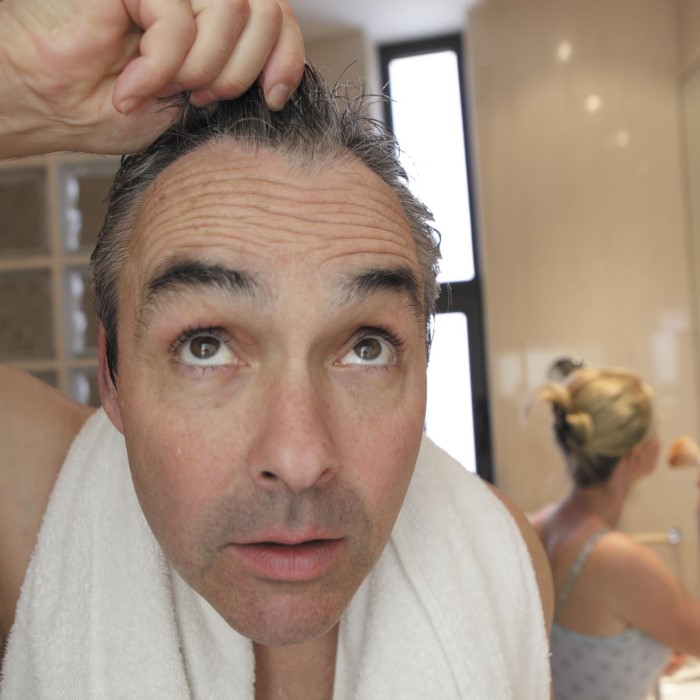
Understanding these mechanisms is crucial for recognizing how hypertension might play a role in hair loss. This scrutiny paves the way for well-informed decisions regarding health interventions.
The Impact of Medications on Hair Health
Do Hypertension Medications Contribute to Hair Loss?
In addition to the direct effects of high blood pressure, the medications prescribed to manage hypertension can also influence hair loss. Here’s how:
- Types of Medications: Common medications for high blood pressure include diuretics, ACE inhibitors, and beta-blockers. While these drugs effectively manage blood pressure, some users have reported hair loss as a side effect.
- Mechanisms of Action: Certain medications may indirectly affect hair growth by altering blood circulation or hormone levels. For instance, beta-blockers may reduce circulation to the scalp, inhibiting healthy hair growth. Additionally, drugs that lower blood volume can lead to reduced nutrient delivery to hair follicles.
- Variability in Response: It is important to note that not everyone will experience hair loss when using these medications. Reactions can vary significantly based on individual health profiles and genetic predispositions.
- Consultation with Healthcare Providers: If hair loss occurs after starting a new medication regimen, speak with your healthcare provider. They may allow you to explore alternative medications or adjust your dosage to mitigate side effects.
By understanding how medications may contribute to hair loss, individuals can have more informed discussions with their healthcare providers.
Identifying Hair Loss Causes Beyond Hypertension
A Broader Perspective on Hair Health
Can high blood pressure cause hair loss? While the relationship between high blood pressure and hair loss is significant, there are other factors that may also contribute to hair thinning:
- Medical Conditions: Various illnesses can lead to hair loss, including thyroid disorders, autoimmune diseases such as alopecia areata, and scalp infections. It’s essential to identify any underlying health issues contributing to hair loss.
- Nutritional Deficiencies: Inadequate nutrition can impact hair health. Essential nutrients for hair growth include protein, iron, biotin, and vitamins A, C, D, and E. A balanced diet helps maintain healthy hair.
- Genetic Predisposition: Genetic factors often play a role in hair loss. Conditions like androgenetic alopecia, commonly known as hereditary hair loss, can affect anyone regardless of blood pressure.
- Environmental Factors: Environmental conditions, such as exposure to toxins and pollutants, can negatively impact hair quality and lead to shedding.

By understanding these broader factors, individuals can take a holistic approach to prevent and treat hair loss.
Lifestyle Changes to Combat Hair Loss
Effective Strategies for Hair Health
Can high blood pressure cause hair loss? If you are dealing with hair loss and concerned about high blood pressure, implementing lifestyle changes can be beneficial. Here are actionable steps:
- Manage Hypertension: Focus on lifestyle modifications aimed at lowering blood pressure. These include maintaining a balanced diet low in sodium, engaging in regular physical activity, and managing stress through relaxation techniques or mindfulness.
- Stress Reduction Techniques: Incorporate relaxation exercises, meditation, and yoga into your daily routine. Focus on finding tools that help reduce stress levels as these can have a positive impact on both blood pressure and hair health.
- Stay Hydrated: Drinking adequate water is essential for overall health, including hair health. Hydration promotes better circulation and nutrient delivery to hair follicles.
- Nutritional Support: Prioritize foods rich in vitamins and minerals crucial for hair health, such as leafy greens, nuts, seeds, and lean proteins. Consider consulting a registered dietitian if dietary changes are challenging.
- Gentle Hair Care: Avoid harsh treatments and styles that put stress on your hair. Instead, opt for gentle shampoos, limit heat styling, and embrace natural hairstyles to minimize damage.
- Regular Health Check-Ups: Stay proactive about your health by attending regular medical check-ups. Monitoring blood pressure and addressing any health issues can help with early intervention and treatment.
By incorporating these positive lifestyle changes, individuals can mitigate hair loss caused by high blood pressure and improve overall health.
FAQs About High Blood Pressure and Hair Loss
Here are some frequently asked questions related to the connection between high blood pressure and hair loss:
Is hair loss from high blood pressure reversible?
Hair loss caused by high blood pressure, hormonal changes, or stress is often reversible. When the underlying problems are addressed—such as managing blood pressure or reducing stress—hair can often regrow.
What illnesses can cause your hair to fall out?
Many illnesses can lead to hair loss, including thyroid diseases, alopecia areata (an autoimmune condition), scalp infections, and nutritional deficiencies. Chronic illnesses can also contribute to hair thinning.
What does high blood pressure do to your hair?
High blood pressure can negatively influence hair health by reducing blood flow to hair follicles, leading to nutrient deficiencies. Additionally, hormonal changes related to stress and high cortisol levels can also contribute to hair shedding.
Why do I suddenly have so much hair fall?
Sudden hair fall can occur due to various factors, including stress, hormonal changes, medical conditions, or changes in medication. Consulting a healthcare professional can help identify the underlying cause and determine an appropriate course of action.
Conclusion: Understanding the Impact of High Blood Pressure on Hair Health
Can high blood pressure cause hair loss? In conclusion, understanding whether high blood pressure can cause hair loss is essential for anyone dealing with hair thinning alongside hypertension. The multifaceted relationship between these two conditions is vital to recognize, as high blood pressure can affect blood circulation, hormone levels, and overall hair health.
By taking proactive steps to manage hypertension, individuals can enhance not only their cardiovascular health but also the health of their hair. Integrating lifestyle changes, addressing underlying health issues, and consulting with medical professionals can significantly improve one’s hair health and appearance. Ultimately, investing time and effort into managing high blood pressure will yield positive outcomes for both health and well-being. Embrace this chance to take control of your health and choose a path towards a healthier future!
